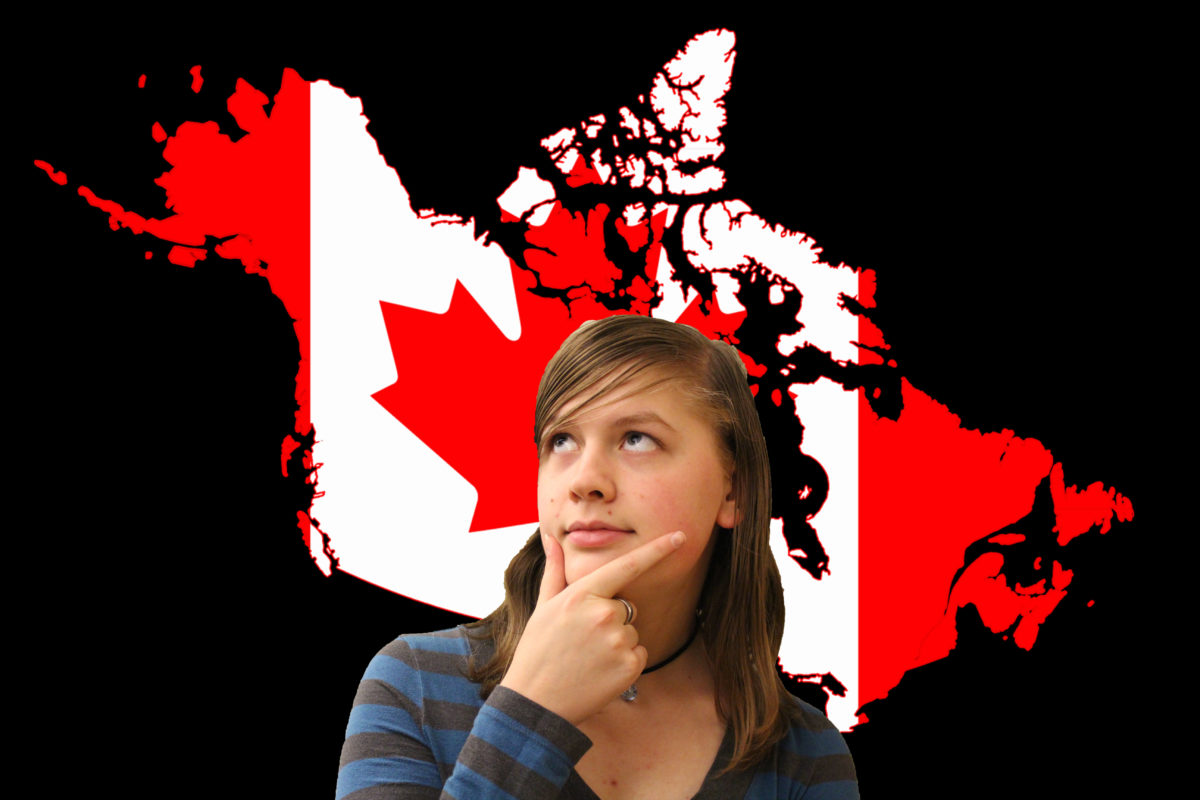St. Thomas University and the University of New Brunswick hosted the first international conference on Canadian philosophy from Nov. 23 to Nov. 25. The conference was called “What is Canadian Philosophy?” and the goal was to share and discuss potential answers to that very question.
Matt Dinan, great books and Catholic studies professor at STU, who helped plan the conference and presented a paper at it, explained the event was devised by his colleague Jason Bell, a professor at UNB.
“Jason was doing some research on a couple of different Canadian philosophers … and as he was getting deeper and deeper into studying these two Canadian thinkers, Josiah Royce and Winthrop Bell, he was finding that there were no kinds of books asking ‘what is Canadian philosophy?’” Dinan said.
“It didn’t seem to be a subject that gets taught very often in university classrooms and that sort of thing, and he was interested in why this was.”
To return to that lingering question, though, what is Canadian philosophy? The answer differs depending on which scholar you talk to.
Prior to the conference, Dinan said he wasn’t sure any one answer to the question would arise.
“I think that by exploring different types of philosophy which have happened in Canada [and] different individual Canadian philosophers … [and] trying to ask what characteristics there have been in people who have done thinking in Canada [and] what the philosophical meaning of being Canadian or of Canada might be … we’ll hopefully gain some clarity,” Dinan said.
Some presenters argued there’s no Canadian philosophy. William Sweet from St. Francis Xavier University explained these people said “the diversity of cultures and traditions within Canada, especially today, where is that culture in which a Canadian philosophy could be embedded?”
However, many at the conference argued Canada does have a distinct philosophy, and it’s actually Canada’s cultural diversity, rather than solidarity, that has allowed for the country’s unique philosophy to develop.
Canada’s philosophy would seem to include, as Sweet said, the use of reason “to explore alternatives and to suggest ways of combining apparently contradictory ideas.”
Sweet also said throughout Canada’s history philosophy “was often manifested as a search for unity, while seeking to preserve diversity and freedom.”
In other words, Canadian philosophy is in part about a belief that differences should be tolerated, whether they be political, religious, cultural or ideological in nature, and a willingness to work together in spite of those differences to achieve common goals.
Elizabeth Trott from Ryerson University is the author of The Faces of Reason, a renowned book on Canadian philosophy. Her talk on Nov. 24 provided a similar but slightly more complex answer to the question of what defines Canada’s philosophy.
She wrote the following statements on a handout passed out during the conference: “Canadian philosophy is a Hegelian determinate particular that captures the tension between survival and change. It expresses a means we have developed for sustaining our country and coping.”
What Trott meant by this is Canadian philosophy is really the methodology of being tolerant of others and loyal to the community and/or one’s neighbours. For example, she explained if a Protestant needed aid and a Catholic had the means to assist them, their religious differences would not cause the Protestant to adamantly refuse assistance, nor would it cause the Catholic to spitefully refuse to help the Protestant.
Trott’s handout also said “Canadian philosophy exists because of the propensity of early philosophers to ferret out and interpret multiple meanings associated with philosophical events and present them, often subtly and perhaps by inclination not intent, within dialectical relations.”
To restate this in a simpler way, Canadian philosophy was created when numerous Canadian philosophers thoroughly and thoughtfully investigated philosophical ideas and presented them in a philosophical manner.
Perhaps there will come a day when this argument is strong enough to convince universities and other institutions to offer courses dedicated solely to Canadian philosophy.

